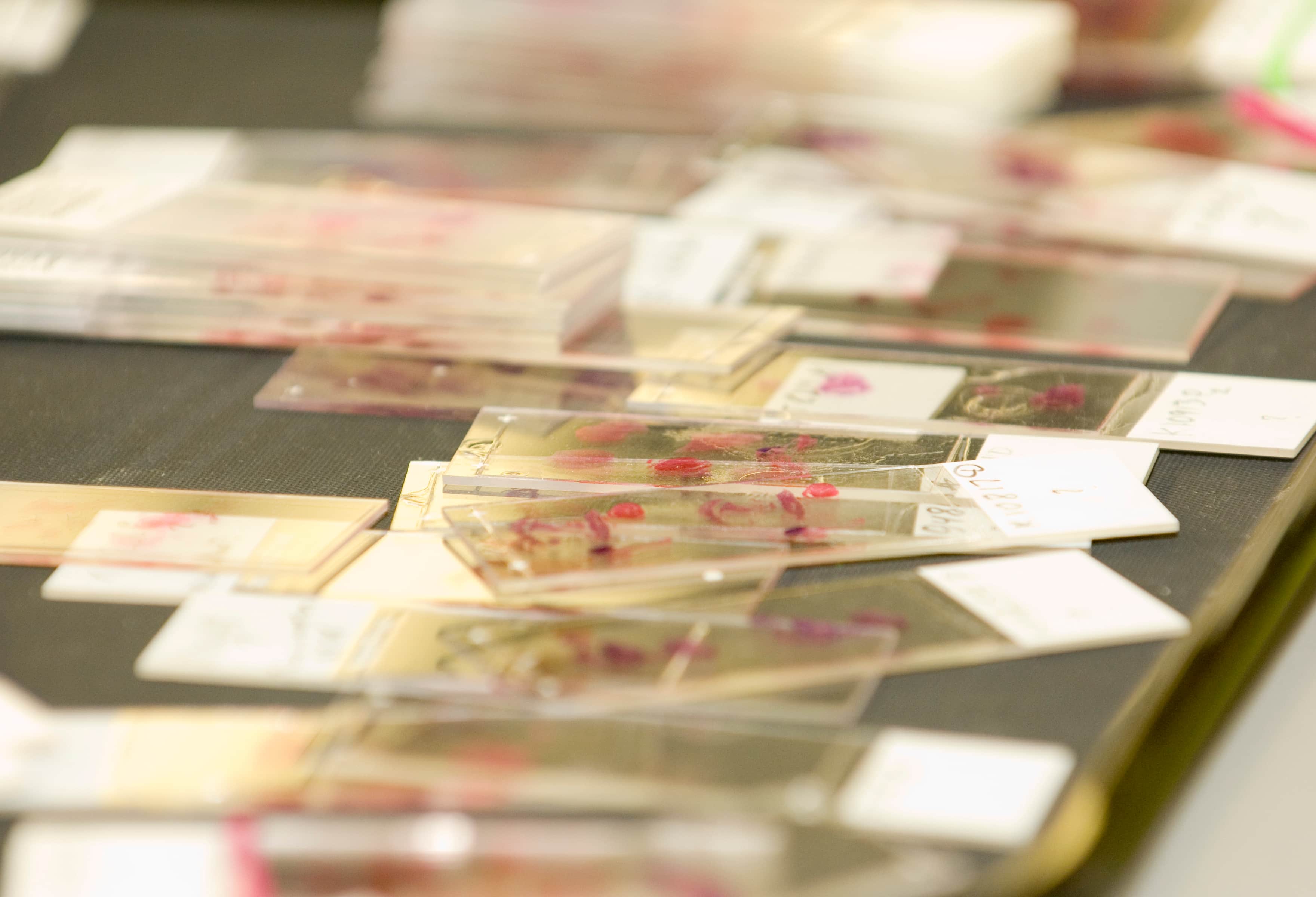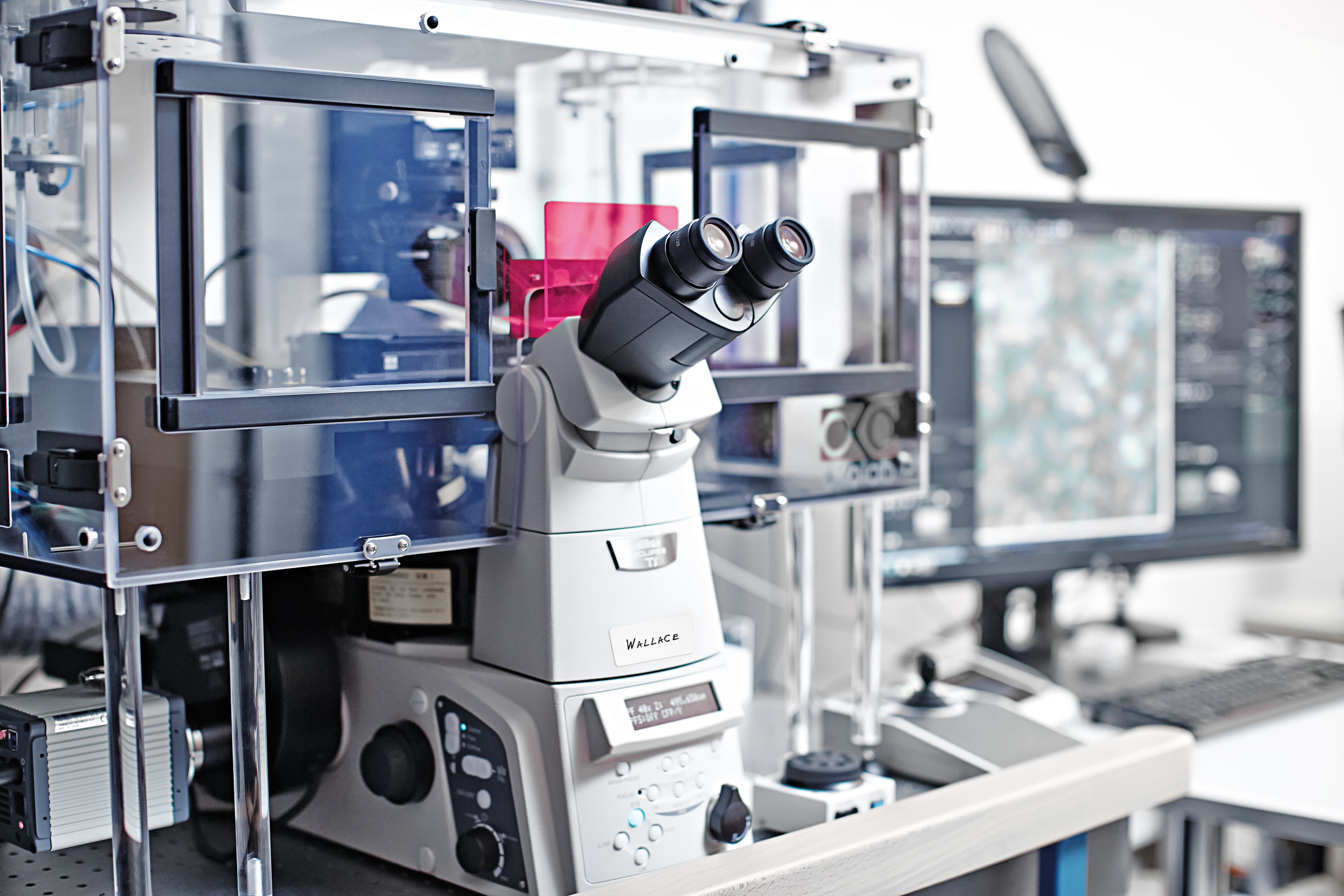
Our scientists have made vital contributions to finding new and better ways to prevent, diagnose and treat womb cancer. Below are a few of our most important discoveries.
2005 – Through the Million Women Study, we show how HRT affects a woman’s risk of developing womb cancer. Because of this research, women all over the world can make informed decisions about whether to take HRT and for how long.
2007 – A large study we help fund, called EPIC, shows that obesity and fat distribution are both linked to the risk of developing womb cancer. This research helps women to make informed decisions about their health and lifestyle, so that they can take steps to lower their risk of womb cancer.
2011 – Our scientists find a gene that affects a woman’s risk of developing womb cancer. This could help understand the causes of the disease, and find new treatments.
1972 – We play a crucial role in the development of cisplatin, a chemotherapy drug often given to women with womb cancer as part of their treatment. Our lab research shows the strong anti-cancer activity of the drug, prompting further research and clinical trials that we funded showing how effective it is for patients with certain types of cancer.
1982 – We discover and then develop carboplatin, one of the most successful cancer drugs ever developed. This chemotherapy is widely used to treat womb cancer either on its own, or in combination with other drugs.

From studying the biology of womb cancer cells in the lab to leading clinical trials testing cutting-edge treatments, our researchers are working hard to ensure more women survive womb cancer.
Want to find more information about our research or womb cancer?